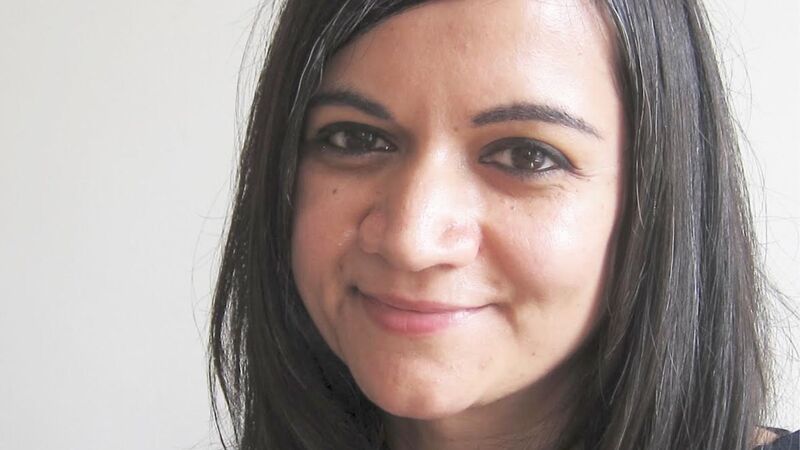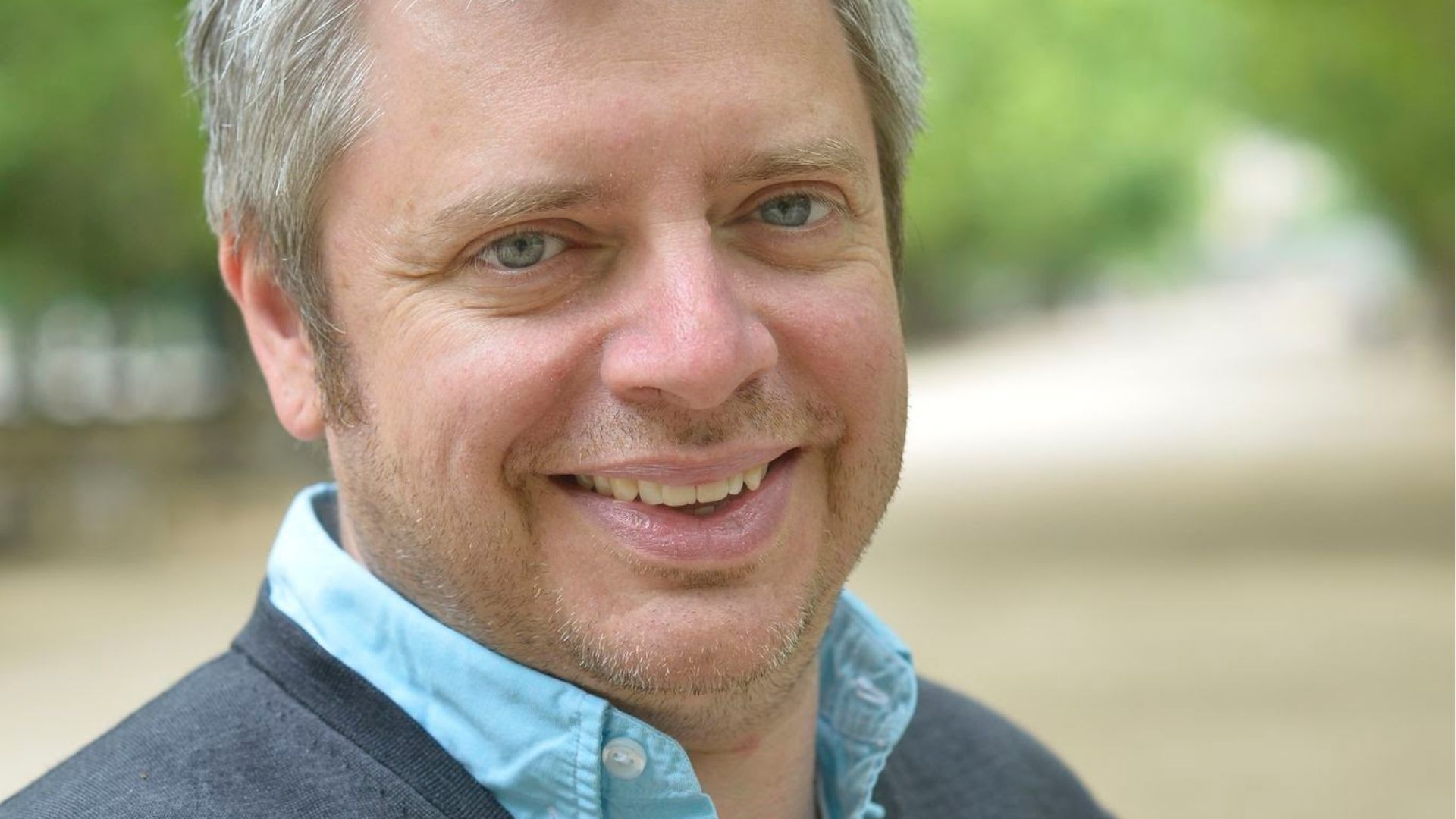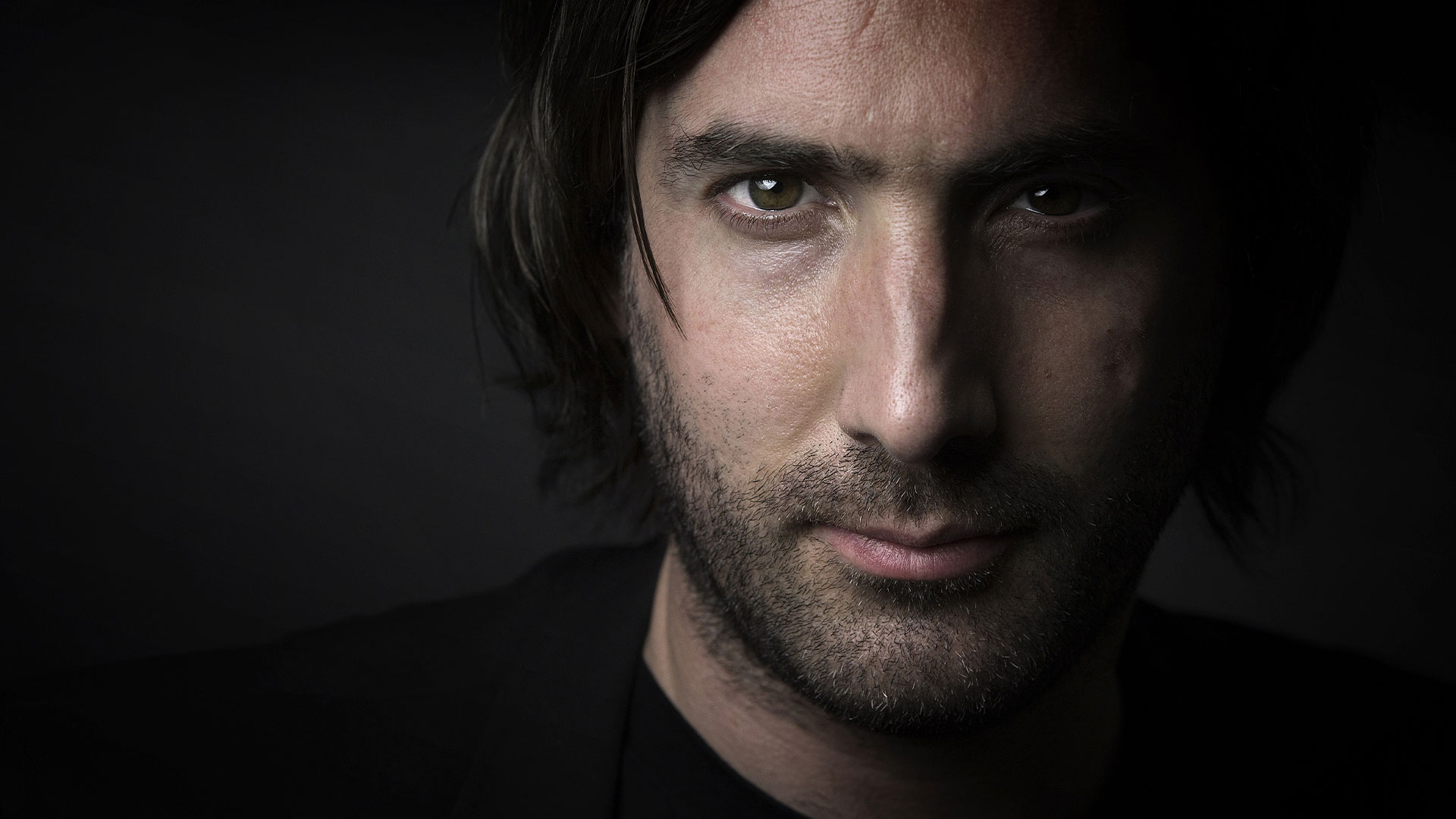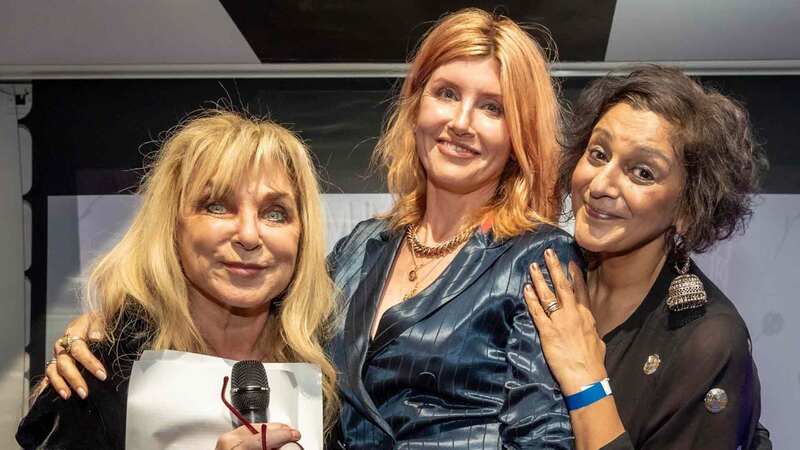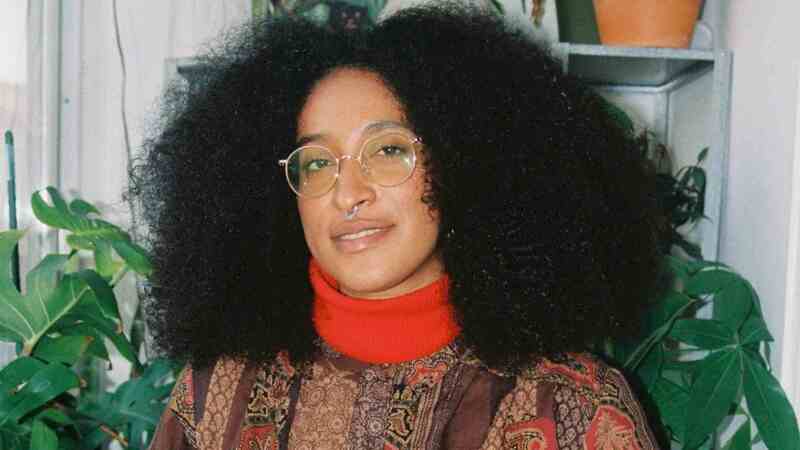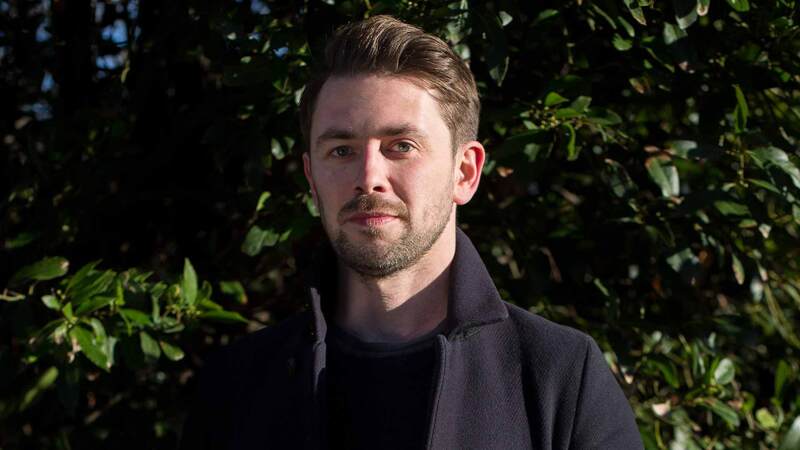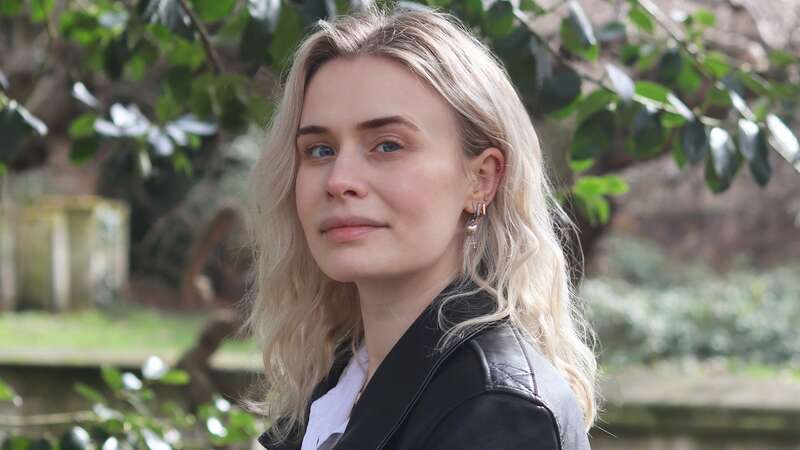You are viewing your 1 free article this month. Login to read more articles.
Maroo, Lynch and Murray shortlisted for the Booker Prize 2023
Chetna Maroo, Paul Lynch, Jonathan Escoffery, Paul Harding, Sarah Bernstein and Paul Murray have been shortlisted for the Booker Prize 2023. None of the writers have previously been shortlisted for the £50,000 award.
This year’s finalists were revealed by chair of judges Esi Edugyan at an event held at the newly reopened National Portrait Gallery in London, and live-streamed.
Bernstein is shortlisted for Study for Obedience (Granta Books) alongside Escoffery’s If I Survive You (Fourth Estate), Harding’s This Other Eden (Hutchinson Heinemann), Lynch’s Prophet Song (Oneworld), Maroo’s Western Lane (Picador) and Murray’s The Bee Sting (Hamish Hamilton).
There are two debuts on the shortlist (Escoffery and Maroo) and one British writer (Maroo). Irish writers Lynch and Murray join Americans Escoffery and Harding alongside Canadian Bernstein. The panel of judges also revealed that two of the shortlisted titles were called in by the judges, but declined to say which.
The judges said that although the chosen titles are “full of hope, humour and humanity,” the books address many of 2023’s most pressing concerns: climate change, immigration, financial hardship, the persecution of minorities, political extremism and the erosion of personal freedoms.
“They feature characters in search of peace and belonging or lamenting lost loves. There are books that are grounded in modern reality, that shed light on shameful episodes in history and which imagine a terrifying future,” the judges said.
Real events and experiences inspired the shortlistees, with This Other Eden using the true story of Malaga Island as a springboard for a story in which an isolated community faces an existential crisis when white outsiders arrive to educate, study and eventually destroy them. Prophet Song takes Syria’s tyranny, unrest and refugee crisis and places it in a reimagined Ireland.
Questions about identity and belonging also appear throughout the shortlist, with Study for Obedience placing its central character in an unnamed country where her ancestors have been persecuted and where the locals are fearful of her. In If I Survive You, Trelawny, born in America to Jamaican parents, struggles to work out how he fits into his own family and to society in general.
Several books on the shortlist feature families in crisis. In Western Lane, three British-Indian sisters are coming to terms with the death of their mother. In The Bee Sting, financial problems and dark secrets threaten to shatter an entire family. In Prophet Song, a mother struggles to hold her family together as Ireland slides into totalitarianism and her husband is imprisoned by repressive government forces. Two of the books, The Bee Sting and If I Survive You, shift between the perspectives of several family members. Judge Mary Jean Chan said that while the books do share thematic similarities, the discussions "privileged literary merit". "The strongest thing about the shortlist is the fact that each writer has expanded the possibilities of the sentence," she said.
The 2023 judging panel is chaired by twice-shortlisted novelist Edugyan, who is joined by actor, writer and director Adjoa Andoh; poet, lecturer, editor and critic Chan; author and professor James Shapiro; and actor and writer Robert Webb. They said in a press conference that it took them between four and four and a half hours to decide the shortlist.
They described Study for Obedience as “a stirring meditation on survival and a pointed critique of the demonisation of the outsider,” and of If I Survive You said: “All of life is here in unflinching detail: the fragility of existence, the American dream and the road not taken.” Of This Other Eden they said: “It’s rare to encounter a work of historical fiction that is at once so lyrical and so empathetic,” describing Prophet Song as “ propulsive, unsparing and terribly moving”. "The book warns of the precarity of democratic ideals" they said.
Western Lane is hailed as “a mesmerising novel about how silence can reverberate within a family in the aftermath of grief” and The Bee Sting as “funny, sad and truthful”. “The characters, with their myriad flaws and problems, are unforgettable".
Judge Shapiro described the proliferation of titles from Irish authors as a “return on investment”. “There are certain countries that have invested in the arts, that continue to invest in artists and writers. And you know, as well as I, the resources that have been committed to writers in Ireland, and have long been committed, and have recently been expanded. And it’s no accident that the arts are flourishing in Ireland and that’s reflected on our longlist and shortlist.”
On the books that were called in, Chan said: “I think the call-in process was fascinating, because we actually produced quite a different list of call-ins. And then we had to discuss which ones we were keen to read as an entire novel, as it were, on top of the 150 novels we already were reading. So I think it was quite exciting to decide based on one chapter that we were interested in a particular novel, the vision that they were presenting. And it’s gratifying to see that some of our choices have now made it this far. So yeah, I think it was a very fruitful addition to the books that were sent in.”
Edugyan said of the shortlist: “The best novels invoke a sense of timelessness even while saying something about how we live now. Our six finalists are marvels of form. Some look unflinchingly at the ways in which trauma can be absorbed and passed down through the generations, as much an inheritance as a well-worn object or an unwanted talent. Some turn a gleeful, dissecting eye on everyday encounters. Some paint visceral portraits of societies pushed to the edge of tolerance. All are fuelled by a kind of relentless truth-telling, even when that honesty forces us to confront dark acts. And yet however long we may pause in the shadows, humour, decency, and grace are never far from hand.”
She continued that the six chosen titles “showcase the breadth of what world literature can do, while gesturing at the unease of our moment". “From Bernstein and Harding’s outsiders attempting to establish lives in societies that reject them, to the often-funny struggles of Escoffery and Murray’s adolescents as they carve out identities for themselves beyond their parents’ mistakes, to Maroo and Lynch’s elegant evocations of family grief – each speaks distinctly about our shared journeys while refusing to be defined as any one thing,” she said.
“These are supple stories with many strands, many moods, in whose complications we come to recognise ourselves. They are vibrant, nervy, electric. In these novelists’ hands, form is pushed hard to see what it yields, and it is always something astonishing. Language – indeed, life itself – is thrust to its outer limits."
Gaby Wood, chief executive of the Booker Prize Foundation, added: “This is truly a list without borders. It includes a Briton of Indian descent, an American of Jamaican descent, a Canadian recently named one of Granta’s Best Young British Novelists, and two Irish authors.
“Though new to the Booker shortlist, all of these writers have been lauded elsewhere or in other ways. One has been longlisted for the Booker with a previous novel. One has won the Pulitzer. A third has just been longlisted for Canada’s Giller Prize. Another has been nominated, in translation, for the two most prestigious French prizes. The two debut authors have both won the Plimpton Prize, awarded by the Paris Review. It’s a pleasure to be bringing their extraordinary talents and vastly varied styles to Booker Prize readers – and we can’t wait to hear what the thousands of members of the new Booker Prize Book Club on Facebook have to say about them.”
Bernstein was named on Granta’s Best of Young British Novelists 2023 list earlier this year. Harding won the 2010 Pulitzer Prize for Fiction for his first novel Tinkers (Windmill Books). Lynch’s awards include the 2022 Gens de Mer Prize, the 2020 Ireland Francophonie Ambassadors’ Literary Award and the 2018 Kerry Group Irish Novel of the Year Award. Murray’s novel, Skippy Dies, was longlisted for the Booker Prize in 2010 and his novel The Mark and the Void (Penguin), won the Bollinger Everyman Wodehouse Prize in 2016. Maroo (2022) and Escoffery (2020) have been awarded the Paris Review’s Plimpton Prize for Fiction.
Bea Carvalho, head of books at Waterstones, said of the shortlist: “The announcement of the Booker Prize shortlist is always eagerly anticipated by booksellers, and we are pleased to have the opportunity to elevate six books which represent the excellent standard of today’s literary fiction landscape. With the winner announcement later in the year, booksellers have longer to champion this year’s list, and it will be interesting to see which novels resonate most with readers over the coming months. We’re especially pleased to see Paul Harding’s heartbreakingly wonderful This Other Eden shortlisted, as it has been such a bookseller favourite this year, and it is great to see The Bee Sting gain well deserved recognition: readers will find so much heart and humour in its pages and it is pleasing to see those qualities celebrated by a literary prize.”
The judges chose the final six novels from 13 longlisted titles – the “Booker dozen” – which were selected from 163 books published between 1st October 2022, and 30th September 2023, and submitted to the prize by publishers. All the shortlisted authors will receive £2,500 and a bespoke bound edition of their book. The 2023 winner will be announced on 26th November at an award ceremony held at Old Billingsgate. The winner will also receive a trophy designed by the late Jan Pieńkowski. In a recent public vote, the trophy was named ‘Iris’ in honour of the 1978 Booker winner Iris Murdoch.






